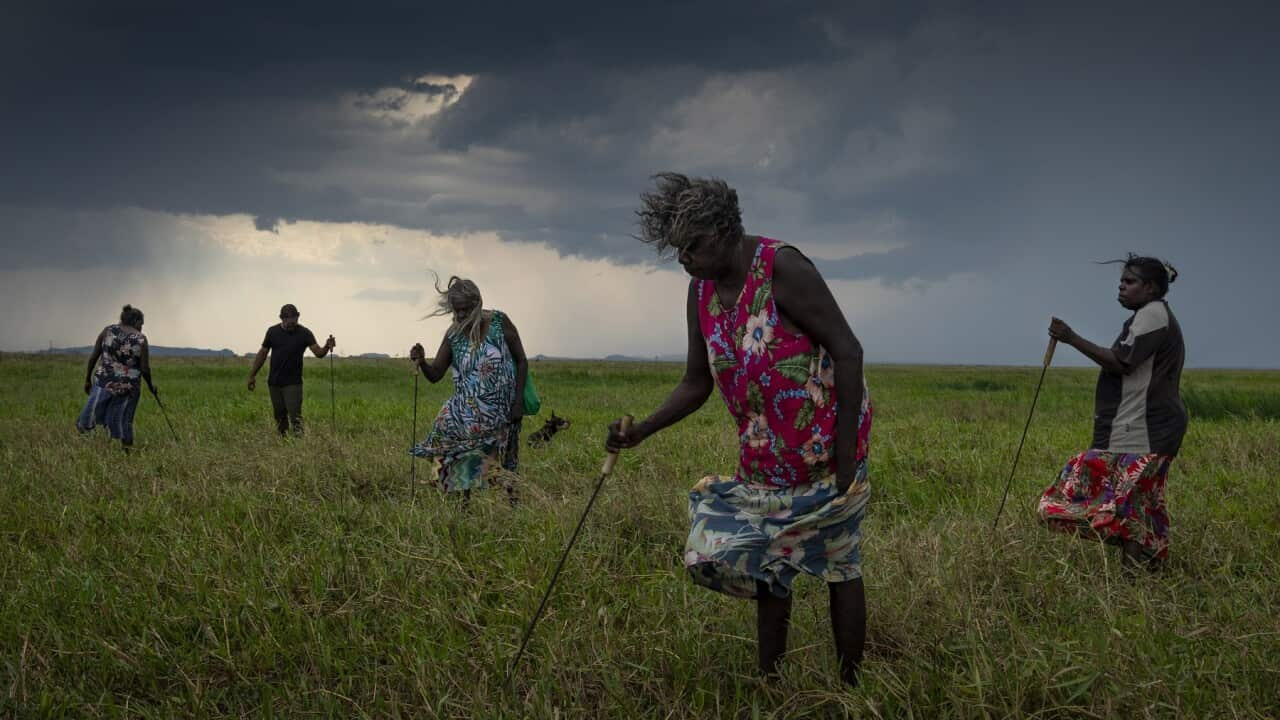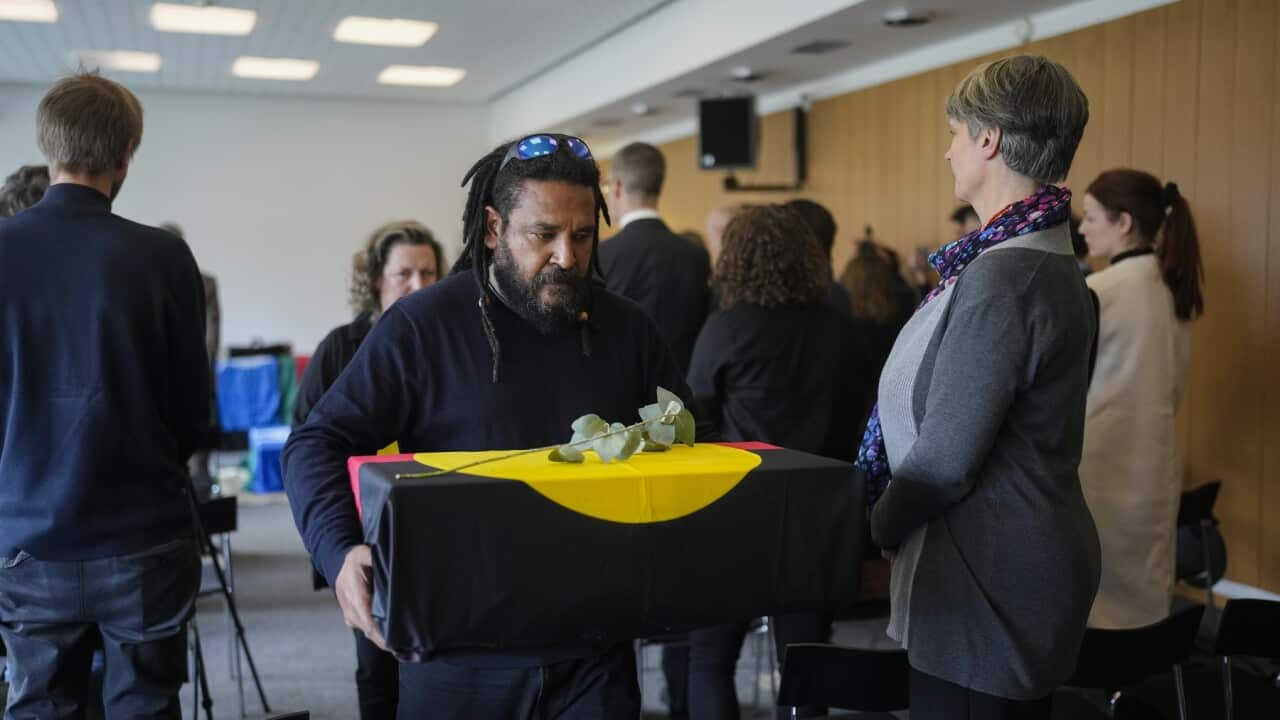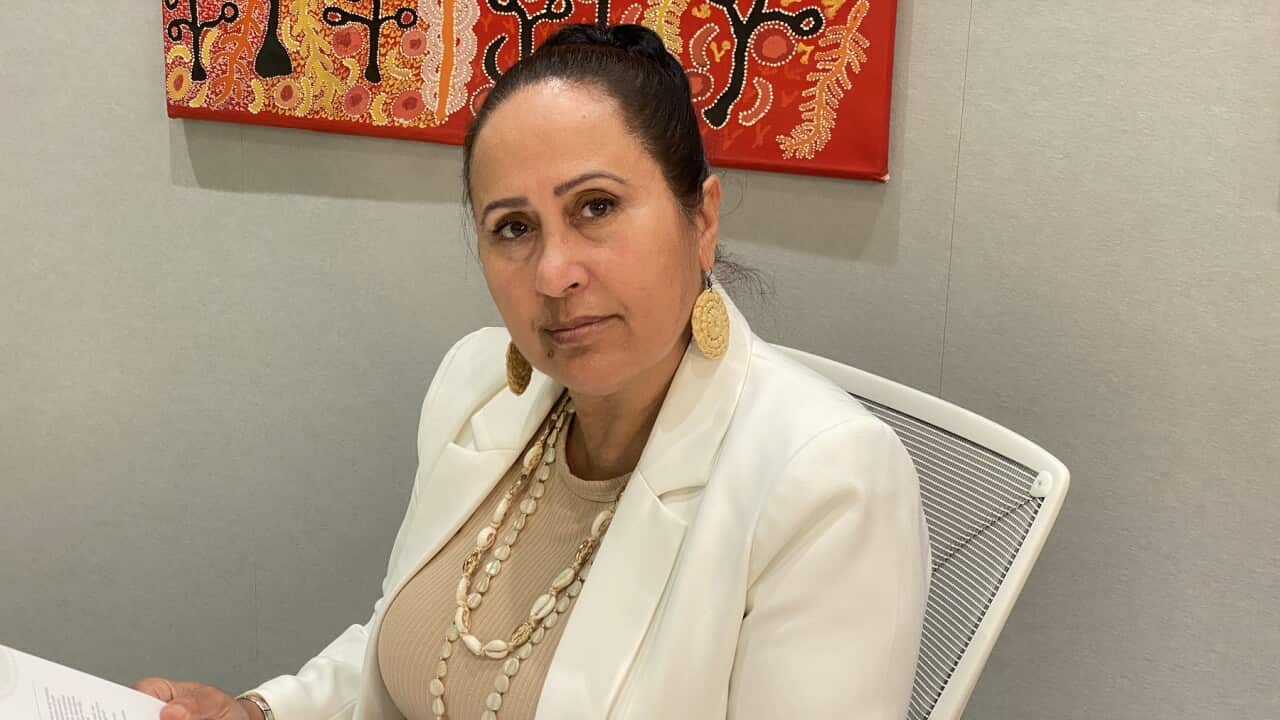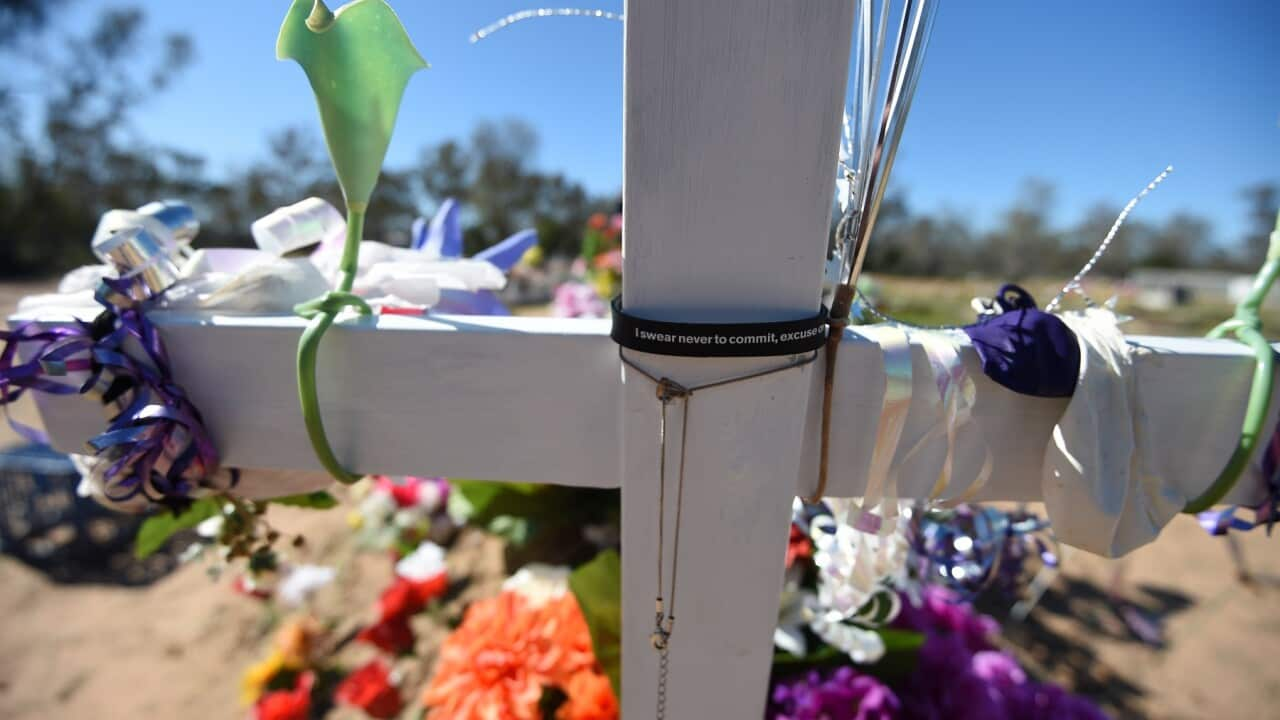TRANSCRIPT:
Leonora-based Kado Muir is the founder of Dilji Labs.
Kado hopes that their technology can be used to connect traditional Aboriginal knowledge with Western research.
"(At) Dilji lab we do innovation and technology, bringing dreamtime into science for use today. Our main product line at the moment is educational products."
He says the company's apps are designed to help teachers and students enhance their knowledge on Indigenous culture, and bring First Nations science into the classroom.
"The education system has a very limited array of Aboriginal knowledge-based products. And what this is designed to do is keep kids at school, engage kids, contextualise their learning experience."
That combination is now at part of a new science strategy announced by the federal government.
In a first for the policy, Aboriginal and Torres Strait Islander peoples will be prioritised in the sector, with Indigenous knowledge incorporated into emerging technologies - particularly digital and data - while protecting their cultural and intellectual property.
The new National Science and Research Priorities framework has been unveiled by the Industry and Science Minister Ed Husic.
"The last time our national science and research priorities were actually updated was under Tony Abbott, so given everything we've experienced, the challenges, no doubt amplified through climate change, but also living through a global pandemic, we needed to re-do those priorities."
The five new priorities include transitioning to a net zero future, supporting healthy and thriving communities, elevating Aboriginal and Torres Strait Islander knowledge systems, protecting and restoring the environment, and building a secure and resilient nation.
The five goals were developed after extensive consultations with communities and researchers across the country.
The team was led by Chief Scientist Cathy Foley.
"The process of having a national conversation brought everyone along, from school kids, university students, top academics, but also we talked to the industry, just mums and dads in the street, we talked to anyone who we could listen to. And the thing that was interesting was that, apart from that consensus of those five priorities, we heard the research community is really enthusiastic to get behind this and looking forward to being able to join in and contribute because there is, over the next ten years, a real desire to be part of what is needed, to be able to make the most of this great opportunity."
The new science policy calls for research to address the approach to climate change adaptation that supports regional and remote communities.
And also under the framework, research that affects Aboriginal and Torres Strait Islander peoples will be guided by them, whether as community leaders, traditional knowledge holders or researchers.
Bradley Moggridge is an Associate Professor at the University of Technology in Sydney.
He says the new research priority is the right move.
"We've been doing science for 65,000 years and I think it's a great opportunity to move that knowledge alongside western science, to work together. Indigenous knowledge systems have that experience, connection, observation and also impact that the Australian environment has thrown at Indigenous people for all those years. We've survived climate change, we've witnessed volcanic activity, we've seen meteors and obviously we've seen floods and droughts like never before, so the opportunity to bring Indigenous knowledge alongside, as an equal, to western science, I think is a great opportunity for us to see how these two knowledge systems can work together."













